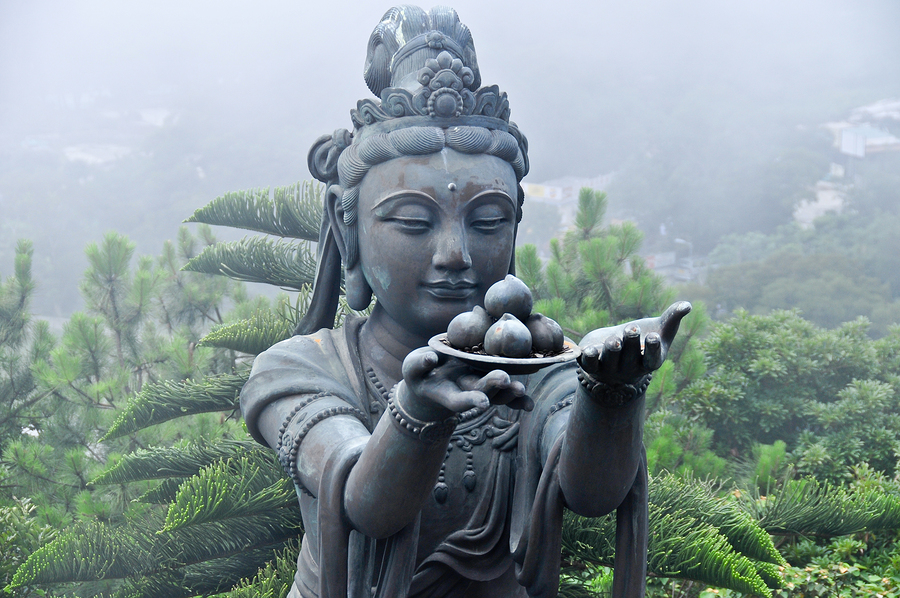Sinic glyphs for door-related concepts

Chapter 1. Single-door and double-door: 戸 and 門 The Japanese glyph for door ( 戸 ) can be easily distinguished from her modern Chinese cousins ( 戶 and 户) since the we have a horizontal stroke on top of the Nihon version. For the uninitiated, 戸 can naively be deconstructed into: 一 (unity) and 尸 (the ceremonial worshippee or a breathing human model representing the deceased person in ancient Chinese funerals 古代丧礼代表死者受祭之活人), although it has nothing to do with these two concepts. Technically, 戸 is not exactly a complete door in traditional Chinese architecture. It is only half-a-door or a single-leaf door. 戸,護也。 半門 曰戸。象形。凡戸之屬皆从戸。 To get to the Chinese double-door, we need to flip the glyph and add it to the original glyph: 門 = 𠁣 + 𠃛 = 戸 + 戸 We can decompose 戸 into three parts: 丨 or 丿 (hinge stile 邊挺) + 口 (door panel 門扇) + 一 (head jamb 中橫框). In modern written Chinese, the head jamb is abstracted to a si...



